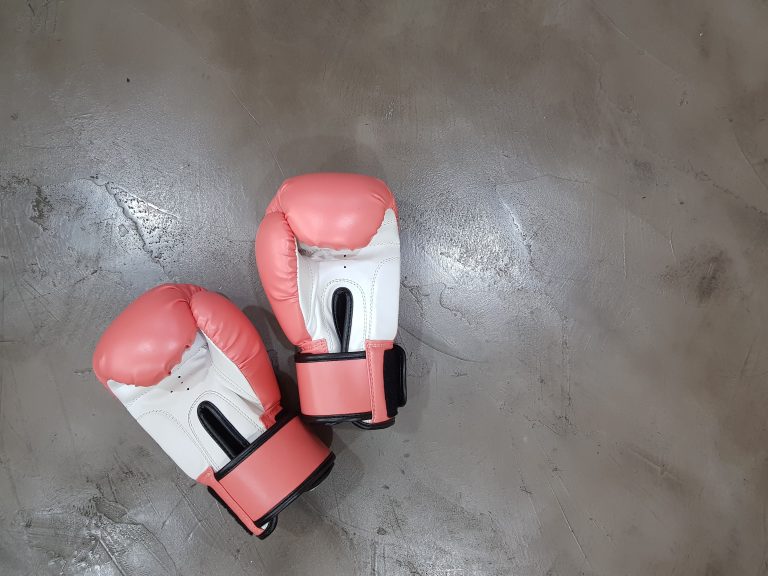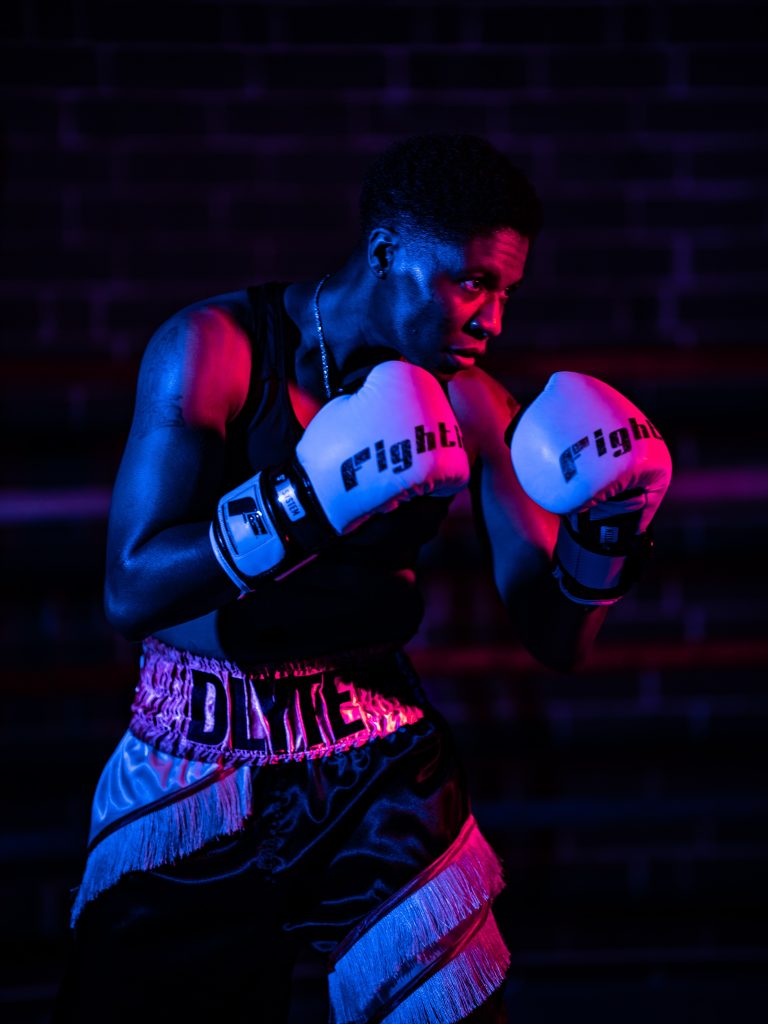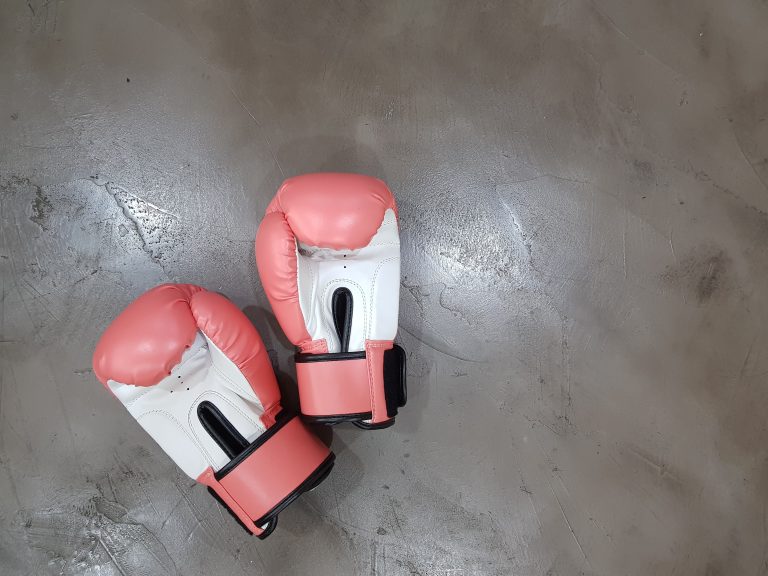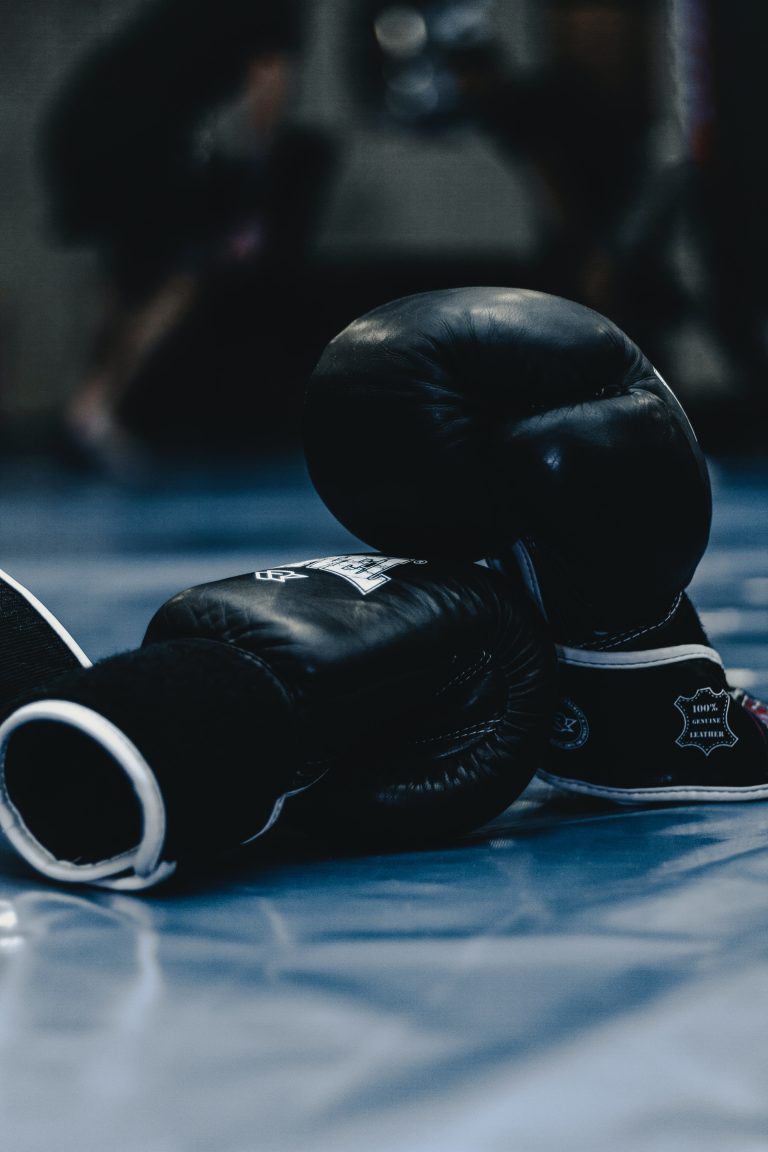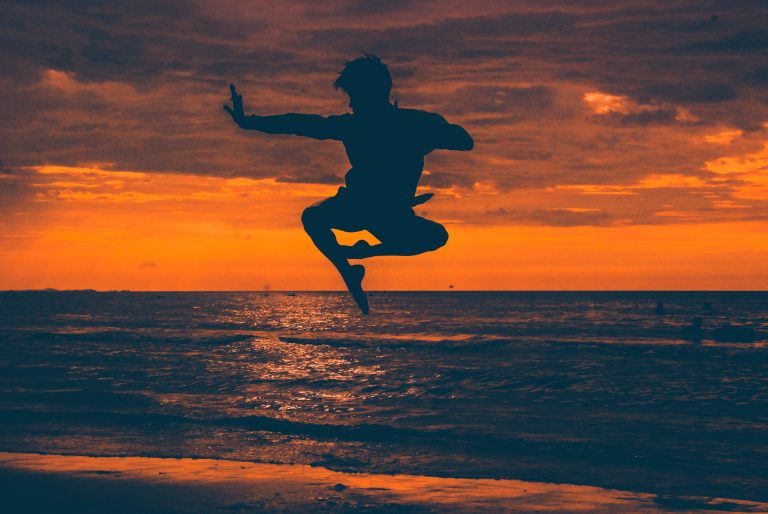Karate Instructor Meaning in English: Journey towards Becoming a Sensei
Karate is a Japanese martial art that has gained global recognition for its philosophy, technique, and physical and mental benefits. Karate practitioners, also known as karateka, can learn and master different styles and levels of proficiency while developing discipline, respect, focus, coordination, and self-defense skills. However, to achieve these goals, one needs the guidance, teaching, and inspiration of a karate instructor, also called karate teacher or karate sensei.
In this blog post, we will explore the meaning of karate instructor in English, their role and responsibilities, the skills and characteristics needed to become a successful karate sensei, the paths and requirements for obtaining a karate instructor certification, and some examples of famous karate instructors and their legacy in the martial arts world.
What does Karate Instructor mean in English?
Karate instructor refers to a person who is qualified and authorized to teach karate to students using a systematic, progressive, and safe approach. A karate instructor can also be called a karate teacher or a karate sensei, which is a Japanese honorific title used to address a person who has mastered a specific skill or knowledge and is respected for their wisdom, experience, and leadership in their field. The word „sensei“ comes from the Japanese characters „sen“ meaning before, and „sei“ meaning life, thus representing a person who has gone before and knows the way of life that comes from learning and practicing karate.
A karate instructor can work independently or as part of a karate school, club, federation, or association. They may specialize in teaching kids, adults, beginners, intermediate, or advanced students, and may focus on traditional or sport karate, or a combination of both. A karate instructor can also have additional roles such as a referee, judge, coach, mentor, or administrator, depending on their level of expertise and involvement within the karate community. In any case, a karate instructor must follow ethical, legal, and safety guidelines and act in the best interest of their students‘ welfare, learning, and growth.
What are the duties and qualities of a Karate Sensei?
Being a karate instructor is not just a job but a way of life, as they are responsible for shaping the physical, mental, and moral development of their students. Here are some of the duties and qualities of a karate sensei:
- Teaching: A karate sensei must have comprehensive and up-to-date knowledge of karate theory, history, technique, and application, as well as effective communication, demonstration, and feedback skills. They must be able to adapt their teaching style and pace to different learning styles and needs, provide constructive and positive reinforcement, correct mistakes and unsafe behaviors, and motivate and encourage students to reach their potential.
- Planning: A karate sensei must design, organize, and evaluate lesson plans, training programs, and curricula that reflect the goals and standards of their organization, the level and progress of their students, and the challenges and opportunities of competitions and events. They must also prepare and maintain accurate records and reports of attendance, evaluations, rankings, and achievements of their students.
- Role-Modeling: A karate sensei must lead by example and embody the values and principles of karate, such as respect, discipline, humility, integrity, courage, and compassion. They must demonstrate physical fitness, technical mastery, and sportsmanship, as well as ethical conduct, cultural awareness, and social responsibility.
- Continuous Learning: A karate sensei must never stop learning and improving, as karate is a dynamic and evolving martial art that requires constant research, practice, and innovation. They must attend seminars, workshops, courses, and conferences to expand their knowledge and skills, meet and learn from other karate sensei, and stay informed about the latest trends and developments in karate.
What are the requirements and paths to become a Karate Instructor?
Becoming a karate instructor requires dedication, discipline, and passion for karate, as well as fulfilling certain formal and informal requirements and following specific paths that may vary depending on the country, style, and organization of karate. Here are some common requirements and paths to become a karate instructor:
- Rank: A karate instructor must have attained a minimum rank or grade in their karate style or system, which usually takes several years of regular training, exams, and competitions. The rank may also depend on the organization’s standards and requirements, as some may require higher ranks for instructors than others.
- Experience: A karate instructor must have accumulated a significant amount of teaching and training experience, which can be gained by assisting other instructors, leading warm-ups and basics classes, coaching at tournaments, and supervising a group of students.
- Certification: A karate instructor must obtain a certification or license from a recognized karate organization or federation, which may involve passing a written and practical exam, meeting specific academic and training criteria, and paying a registration fee. The certification may also have different levels and categories of instruction, such as assistant instructor, instructor, master instructor, or coach. Some organizations may also require instructors to renew their certification periodically by attending continuing education courses and updating their records.
- Ethics and Safety: A karate instructor must abide by the codes of conduct, ethics, and safety guidelines of their organization, which may include refraining from inappropriate behaviors, using appropriate language and attire, maintaining a clean and safe training environment, and reporting any incidents or concerns to the proper authorities.
Who are some famous Karate Instructors and what is their legacy?
Karate has produced many legendary and influential practitioners and instructors who have shaped and enriched the history and philosophy of the art. Here are some examples of famous karate instructors and their legacy:
- Gichin Funakoshi: Known as the „father of modern karate,“ Funakoshi was born in 1868 in Okinawa, Japan and introduced his style of karate, Shotokan, to Japan and the world in the 1920s. Funakoshi emphasized the spiritual and physical aspects of karate, promoting the principles of humility, respect, and self-control. His legacy includes several books, such as „Karate-Do Kyohan“ and „Karate-Do Nyumon,“ and the establishment of the Japan Karate Association.
- Masutatsu Oyama: Born in 1923 in Korea, Oyama founded his style of karate, Kyokushin, in Japan in 1964, which became known for its full-contact fighting and intense training regimen. Oyama also established the International Karate Organization and initiated the World Open Karate Championship, which became one of the most prestigious and challenging karate tournaments. Oyama’s legacy includes his book „What is Karate?“ and the inspiration of many karateka to follow his example of perseverance, courage, and determination.
- Hirokazu Kanazawa: Born in 1931 in Japan, Kanazawa became one of Funakoshi’s top students and later founded his style of karate, Shotokan Karate International, which emphasizes fluid movements, breathing control, and practical applications. Kanazawa also became a renowned instructor and coach, training numerous world champions and contributing to the spread and development of karate worldwide. Kanazawa’s legacy includes his books „Karate-My Life“ and „Karate Fighting Techniques,“ as well as his teaching philosophy of „te ni tsutomu, karate wa shoshinsha ni ataru“ (to succeed in karate, hold on to your beginner’s mind).
What Is The Meaning Of Karate Instructor In English?
Karate is a Japanese martial art that requires precision, patience, and discipline to master. It encompasses various physical and mental activities designed to improve one’s strength, stamina, flexibility, coordination, and reflexes. To learn karate, one must find a qualified karate instructor who has undergone training and gained experience in teaching the art.
In English, a karate instructor is someone who provides guidance, support, and instruction to students learning karate. The instructor is responsible for creating lesson plans, assessing students‘ progress, correcting form and technique, and ensuring the safety of all individuals in the dojo.
What Qualifications Do I Need To Become A Karate Instructor?
To become a karate instructor, several qualifications are required. Firstly, you must train and attain a black belt in karate. Achieving a black belt involves practicing karate for years, honing your skills, and passing various tests, which evaluate your knowledge and mastery of the martial art.
Secondly, you need to acquire teaching experience. This can be done by assisting senior instructors during classes, teaching children and adults, and attending seminars or workshops on teaching methods.
Additionally, you may need to obtain certification from recognized karate bodies to qualify to teach. These certifications demonstrate your proficiency in both karate and teaching, making you more credible and trusted within your community.
How Long Does It Take To Become A Karate Instructor?
The length of time it takes to become a karate instructor varies depending on an individual’s dedication, effort, and the structure of their training program. Generally, it takes around ten years or more of rigorous training, teaching, and testing to become a fully qualified karate instructor.
Beginners must first work on developing their basic techniques and understanding of the martial art. As they progress through the ranks, they are introduced to more advanced techniques, such as sparring, self-defense, and weapon handling.
After achieving a black belt, an aspiring instructor must train extensively in teaching methods, learning how to design a curriculum, prepare a lesson plan, teach diverse groups of students, and evaluate the progress of each individual.
What Are The Responsibilities Of A Karate Instructor?
The responsibilities of a karate instructor may vary depending on the dojo he or she teaches in. Still, generally, instructors are responsible for creating a safe and conducive environment for students to learn and grow.
Some common responsibilities of a karate instructor include developing lesson plans that cater to students‘ needs and abilities, teaching and demonstrating proper karate techniques, correcting student’s form and technique, deciding on which curriculum to use, providing feedback and progress reports to students, and ensuring that all students adhere to safety rules and regulations.
Moreover, a karate instructor also acts as a mentor, providing guidance and advice to students as they progress through their karate journey.
What Are The Benefits Of Learning From A Karate Instructor?
Learning from a qualified karate instructor is a rewarding experience that comes with many benefits. Firstly, a karate instructor helps students learn proper techniques and form, which helps prevent injuries and ensures that students make progress in their practice.
Secondly, a good karate instructor teaches more than just fighting skills; they instill discipline, respect, humility, and resilience in their students. These valuable life skills help students become better individuals and contribute positively to their community.
Furthermore, learning from an experienced instructor encourages students to persevere, develop good habits, and set long-term goals, which can be applied to all aspects of their lives, both in and out of the dojo.
What does the term „Karate Instructor“ mean in English?
Karate is a martial art from Japan, and an instructor is someone who teaches others how to do it. But what does the term „Karate Instructor“ actually mean in English? In this step-by-step guide, we will take a closer look at the meaning of this term and what it takes to become a Karate Instructor.
Understanding Karate
To understand the role of a Karate Instructor, it’s important to have a basic understanding of what Karate is. Karate is a traditional Japanese fighting style that emphasizes speed and power, as well as a strong focus on discipline and mental strength.
Karate involves various movements, including punches, kicks, throws, and blocks, as well as grappling and joint locks. It’s a highly physical and demanding martial art, and requires a lot of practice and dedication to master.
Roles and Responsibilities of a Karate Instructor
A Karate Instructor is responsible for teaching students how to perform various Karate techniques, as well as helping them develop their mental and physical strength. They must also ensure that their students are safe during training and that they follow proper training techniques to avoid injury.
In addition to teaching Karate techniques, a Karate Instructor must also develop lesson plans and training schedules, evaluate student progress, and provide feedback to students to help them improve their technique. They may also organize and participate in Karate tournaments and other events to help students gain experience and exposure in the sport.
Qualifications and Training to become a Karate Instructor
To become a Karate Instructor, you first need to become proficient in Karate yourself. This typically involves training under a Karate Instructor, attending Karate classes, and practicing on your own.
Once you have developed your own Karate skills, you can begin working towards becoming a Karate Instructor. While the requirements for becoming a Karate Instructor may vary depending on where you live, there are some common qualifications that are often required.
For example, many Karate schools require that their Instructors have a certain rank or level in Karate, such as a black belt or higher. In addition, some schools may require Instructors to have a teaching certification or to complete a formal training program in teaching Karate.
Conclusion
A Karate Instructor is someone who has devoted themselves to mastering the martial art of Karate and who is passionate about sharing their knowledge with others. In order to become a Karate Instructor, you must be willing to put in the time and effort required to master the art of Karate, as well as complete any necessary training or certification programs.
If you are interested in becoming a Karate Instructor, we recommend starting by finding a reputable Karate school in your area and enrolling in classes. With dedication and hard work, you too can become a skilled and knowledgeable Karate Instructor.
Inhaltsverzeichnis

